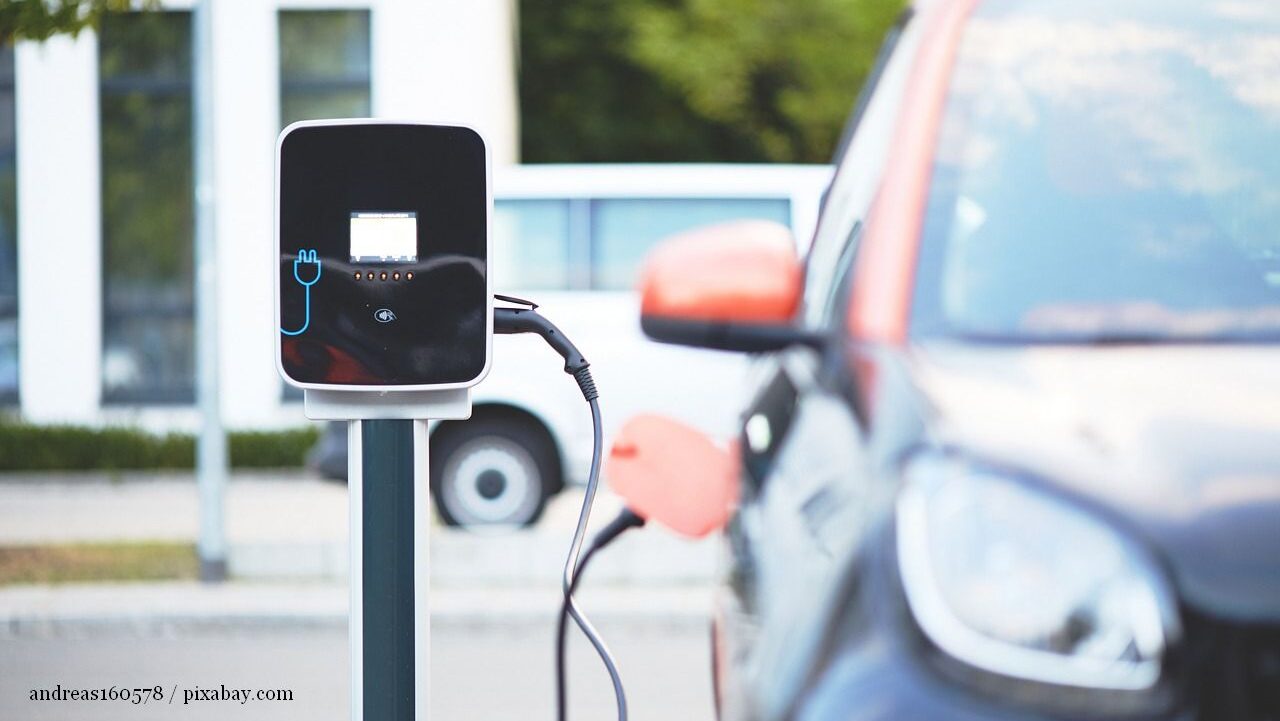Positive Report on Romanian Judiciary
Romania has made progress in the fight against corruption, as confirmed by Transparency International and by the European Commission report on judicial reforms.

Corina Cristea, 27.01.2016, 13:29
On Wednesday Transparency International released its 2015 ranking of states according to the Corruption Perceptions Index. Its President, Jose Ugaz, said on this occasion, “Corruption can be beaten if we work together. To stamp out the abuse of power, bribery and shed light on secret deals, citizens must together tell their governments they have had enough. The 2015 Corruption Perception Index clearly shows that corruption remains a blight around the world. But 2015 was also a year when people again took to the streets to protest corruption.”
With 46 points, compared to a EU average of 65.36 points, Romania ranks 58th out of 168 countries. Criticised for many years for insufficient efforts to curb corruption, Romania skipped 11 places towards the 100-point score assigned to a corruption-free country. The good results achieved by Bucharest in its fight against corruption did not go unnoticed in Brussels either. The European Commission report on the reforms in the Romanian judiciary is a positive one.
Here is the Romanian Justice Minister, Raluca Pruna: “This is the third positive report in a row, so this is no big surprise. The activity of the institutions in charge with fighting corruption, particularly the National Anti-Corruption Directorate, but also the courts, the High Court of Cassation, and the National Integrity Agency, is highlighted as a positive element. Again, no surprises as regards the fields where progress is yet to be made. Worth noting in this respect is the Parliament of Romania, and its response to immunity lifting requests.”
The Justice Minister believes that, even after a decade-long monitoring programme, there are still weaknesses that need addressing: “What we should be concerned with is that, ten years after the Cooperation and Verification Mechanism was launched, there are still major aspects where we need to make progress. If we take the time to compare the institutions covered by this report as they were in 2006 to their current status, we can see that they have strengthened, they are a lot more efficient, more mature, and able to do what the law requires and entitles them to do. So in this respect the Mechanism has certainly proved its benefits.”
Bucharest hopes that in the near future Romania and the European Commission will reach the conclusion that the Cooperation and Verification Mechanism is no longer necessary and should be given up.






























